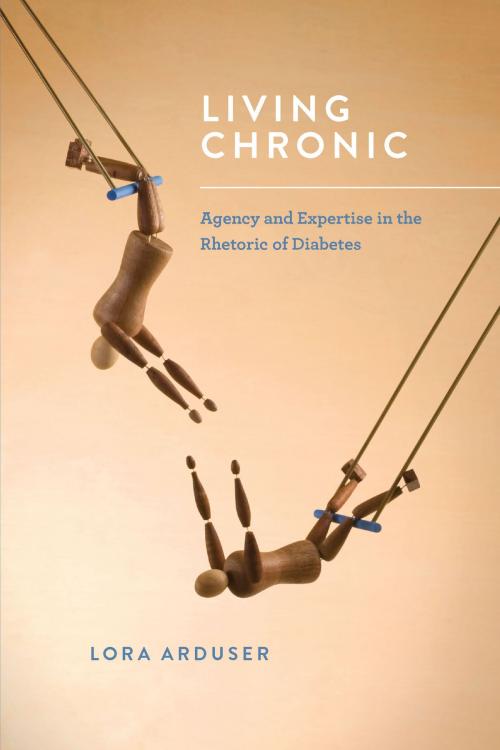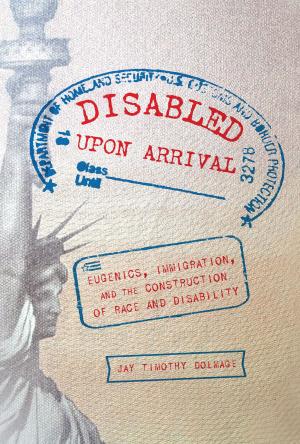Living Chronic
Agency and Expertise in the Rhetoric of Diabetes
Nonfiction, Health & Well Being, Health, Ailments & Diseases, Diabetes, Reference & Language, Language Arts, Communication| Author: | Lora Arduser | ISBN: | 9780814274705 |
| Publisher: | Ohio State University Press | Publication: | February 1, 2017 |
| Imprint: | Ohio State University Press | Language: | English |
| Author: | Lora Arduser |
| ISBN: | 9780814274705 |
| Publisher: | Ohio State University Press |
| Publication: | February 1, 2017 |
| Imprint: | Ohio State University Press |
| Language: | English |
Diabetes, referred to as an epidemic for more than a decade, remains one of our most significant health issues in the twenty-first century. Because self-management is an important component of living with the disease, the biomedical concept of patient agency has long stressed notions of individual responsibility and autonomy. However, dramatic shifts in both health care and cultural practices call for a reassessment of traditional definitions of patient agency.
Lora Arduser’s* Living Chronic: Agency and Expertise in the Rhetoric of Diabetes* answers this call with a unique rhetorical examination of one of the most critical issues in contemporary health: how we live and work with being chronic. Through her perceptive analysis of the discourse of both people with diabetes and health care providers, Arduser presents a new model for patient agency—one that advocates for a relational, fluid concept of agency that blurs the boundaries between medical experts and patients. Her thought-provoking use of bodily and rhetorical plasticity crafts a multidimensional picture of patient agency that profoundly affects how rhetorical scholars, people living with chronic illness, and health care providers can forge patient-centered discourse and practices.
Diabetes, referred to as an epidemic for more than a decade, remains one of our most significant health issues in the twenty-first century. Because self-management is an important component of living with the disease, the biomedical concept of patient agency has long stressed notions of individual responsibility and autonomy. However, dramatic shifts in both health care and cultural practices call for a reassessment of traditional definitions of patient agency.
Lora Arduser’s* Living Chronic: Agency and Expertise in the Rhetoric of Diabetes* answers this call with a unique rhetorical examination of one of the most critical issues in contemporary health: how we live and work with being chronic. Through her perceptive analysis of the discourse of both people with diabetes and health care providers, Arduser presents a new model for patient agency—one that advocates for a relational, fluid concept of agency that blurs the boundaries between medical experts and patients. Her thought-provoking use of bodily and rhetorical plasticity crafts a multidimensional picture of patient agency that profoundly affects how rhetorical scholars, people living with chronic illness, and health care providers can forge patient-centered discourse and practices.















